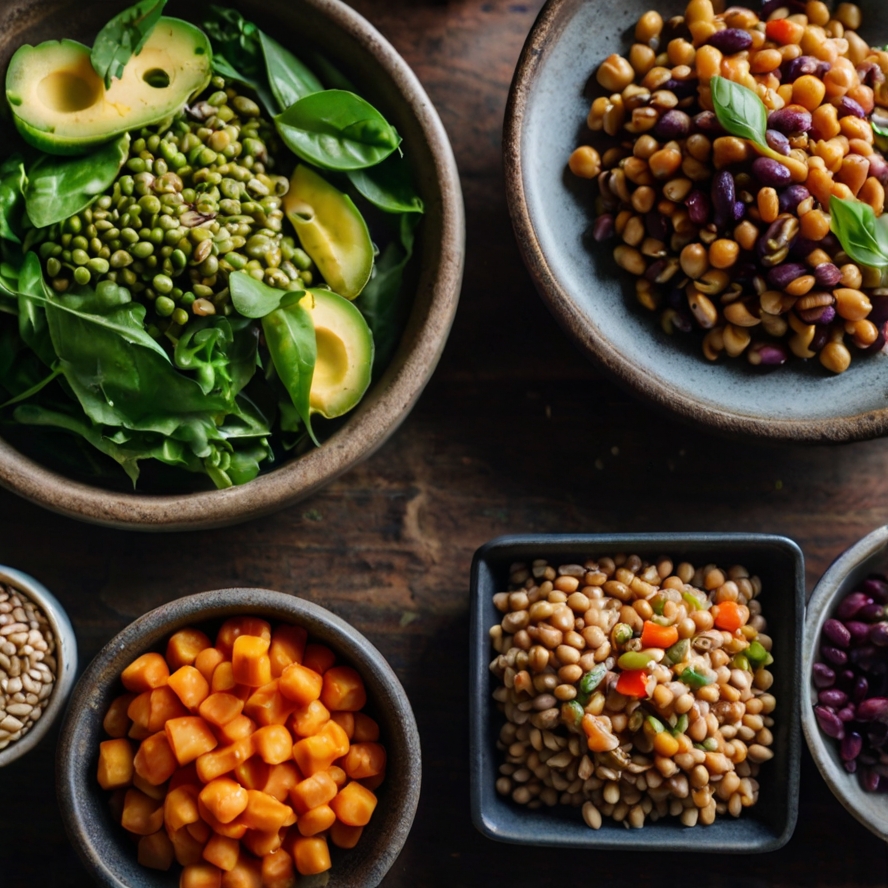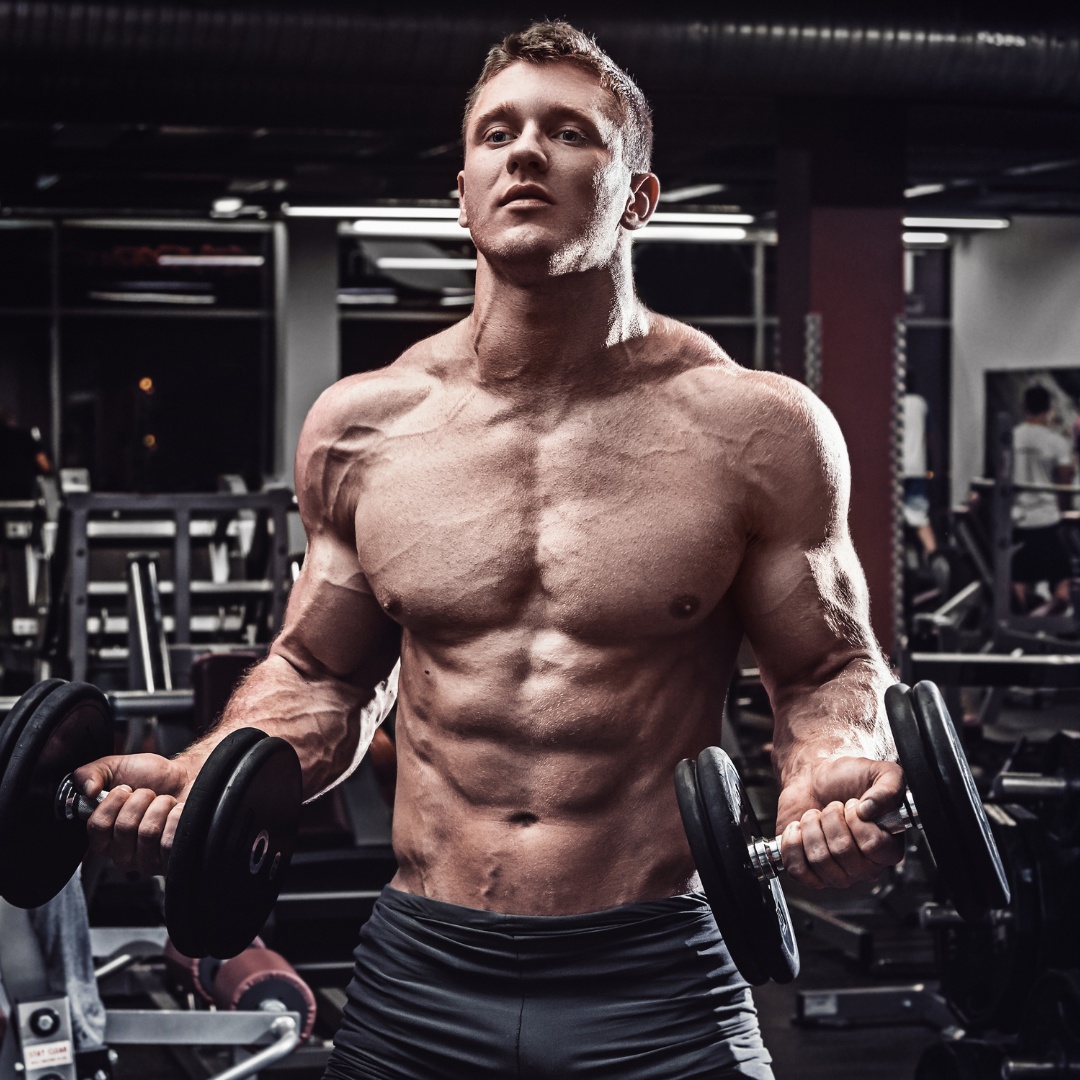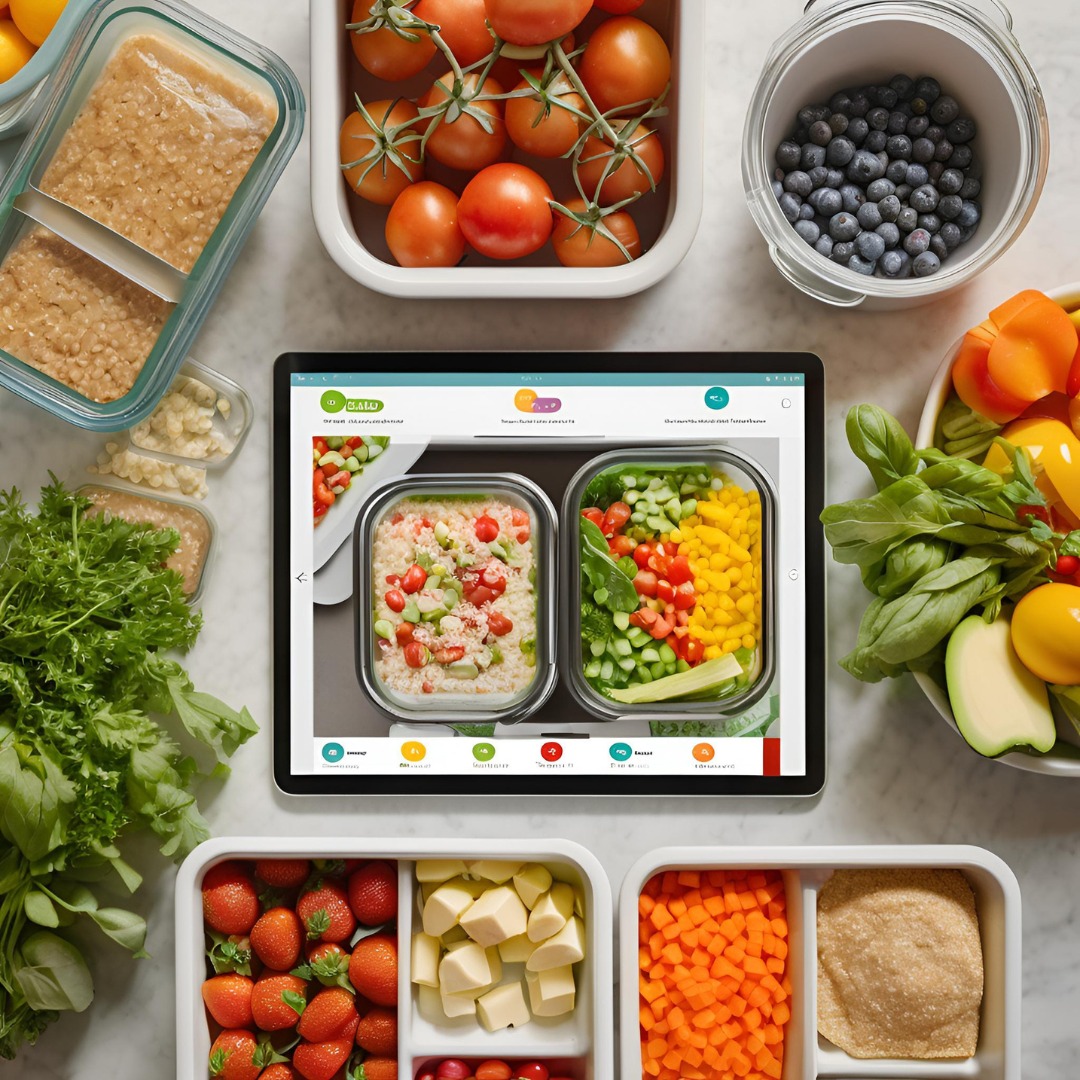Disclosure:
Thank you for reading this post, don't forget to subscribe!
Some of the links on this website are affiliate links. This means that if you click on the link and make a purchase, we may receive a small commission at no extra cost to you. Your support helps us keep the site running.Learn more on my Privacy Policy and Affiliate Disclosure page. Thank you for your support!
Protein isn’t just for bodybuilders — it’s the foundation of energy, repair, and wellness for everyone.
When most people think of protein, two things usually come to mind: chicken breasts and protein shakes. While both are solid options, they’re far from the only sources out there. If you’ve ever felt bored of eating the same meals, struggled with dietary preferences (like plant-based or pescatarian), or wanted affordable, easy-to-find protein, this guide is for you.
Protein doesn’t have to be complicated. In fact, everyday foods — some that you probably already eat — can deliver the muscle-building, energy-sustaining, wellness-boosting benefits you need.
Let’s break it down by lifestyle, budget, and variety, so you can expand your protein menu without stress.
Read Next:
Why Protein Matters More Than You Think
Protein is the building block of muscles, hormones, and enzymes. Without it, recovery slows down, energy dips, and even your skin, hair, and nails start to show the difference.
Key Benefits of Protein:
- Muscle Growth & Repair: Essential for athletes, weightlifters, or anyone hitting the gym.
- Weight Management: Keeps you full longer, reducing cravings.
- Metabolic Health: Supports hormone production and a stable metabolism.
- Longevity & Wellness: Helps preserve muscle as you age.
💡 According to Harvard Health, the average adult should aim for at least 0.8 grams of protein per kilogram of body weight, with active individuals needing even more. Harvard Health – The Importance of Protein
Protein for Different Lifestyles
1. Plant-Based Protein Sources
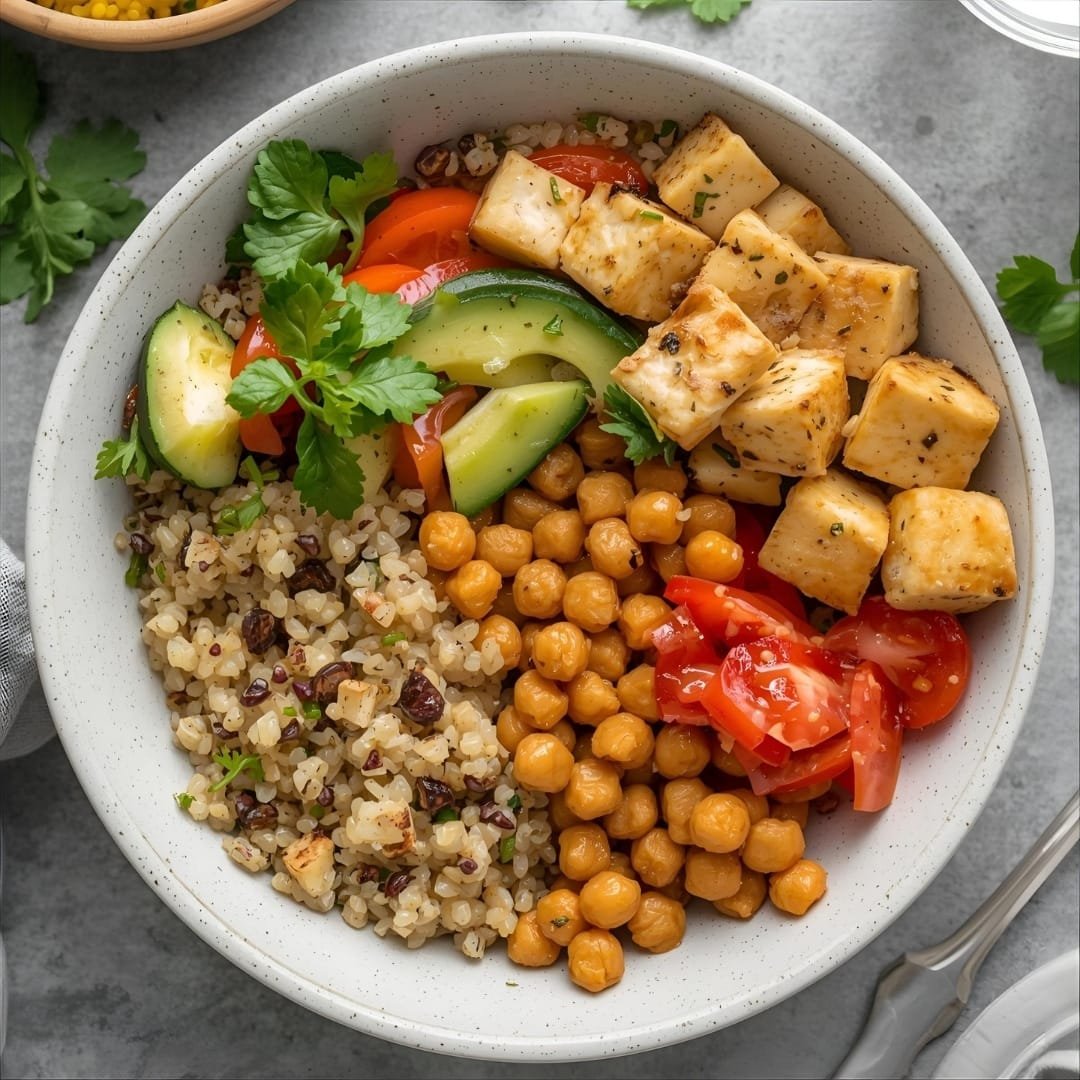
If you’re vegetarian or vegan, protein may feel tricky — but it doesn’t have to be.
- Lentils & Beans: One cup of lentils packs ~18g of protein.
- Chickpeas: Versatile for hummus, curries, or roasted snacks.
- Tofu & Tempeh: Excellent for stir-fries or sandwiches.
- Quinoa: A complete protein grain with 8g per cup.
- Nuts & Seeds: Almonds, hemp seeds, and chia seeds deliver protein + healthy fats.
👉 Pairing different plant proteins ensures you’re getting all nine essential amino acids.
💡 For more on mindful plant-based eating, check out our guide on 10 Simple Ways to Practice Mindfulness Every Day.
2. Pescatarian-Friendly Protein
Seafood is one of the best lean protein sources, packed with omega-3 fatty acids for heart and brain health.
- Salmon: ~22g of protein per 3 oz serving + omega-3s.
- Tuna (canned or fresh): Affordable, portable protein.
- Shrimp: Low-calorie but protein-dense.
- Sardines: Budget-friendly, rich in calcium and protein.
🌊 Eating fish twice a week has been linked to reduced heart disease risk. American Heart Association – Fish and Omega-3s
3. Budget-Friendly Protein Options
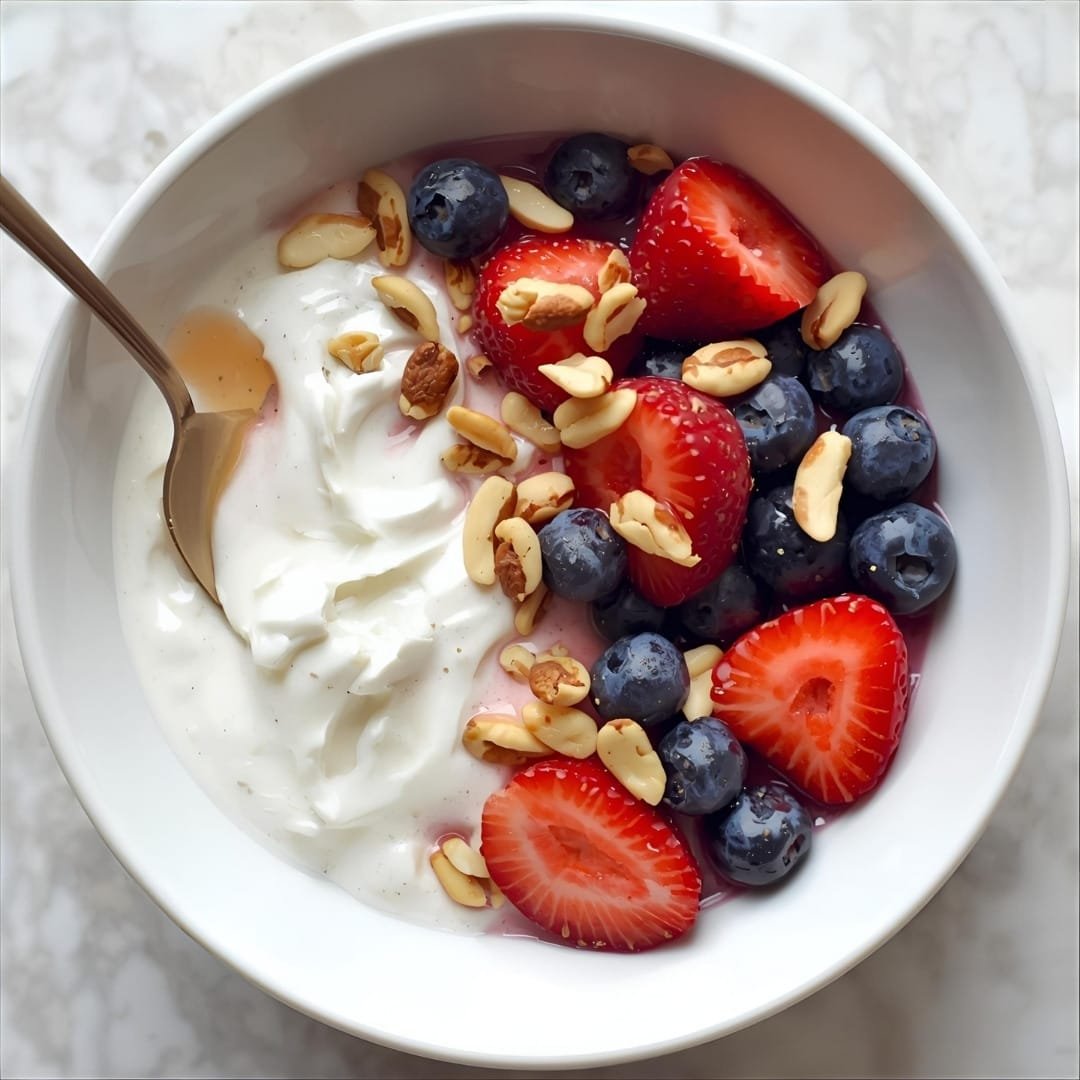
Not all protein has to come from expensive powders or cuts of meat.
- Eggs: The ultimate affordable complete protein.
- Cottage Cheese & Greek Yogurt: Both high in protein, versatile, and filling.
- Canned Beans & Lentils: Cheap, shelf-stable, and nutritious.
- Peanut Butter: Great for snacks and smoothies.
- Canned Tuna/Sardines: Protein on a budget that’s easy to store.
💡 Eating on a budget? Explore our article on 10 Healthy Breakfast Ideas to Start Your Day Right for protein-packed, wallet-friendly inspiration.
4. On-the-Go Protein
Busy lifestyle? Here are protein options you can grab without cooking.
- Protein Bars (low sugar): Check labels for 15g+ protein.
- Jerky (beef, turkey, or vegan options): Portable and long-lasting.
- Roasted Chickpeas or Edamame Packs: Crunchy, travel-friendly snacks.
- Boiled Eggs: A true meal-prep MVP.
How Much Protein Do You Really Need?
- Everyday health: 0.8–1.0 g per kilogram of body weight.
- Muscle gain & athletes: 1.2–2.0 g per kilogram.
- Weight loss: Aim for protein at every meal to stay full and preserve muscle.
⚡ Example: A 150 lbs. (68 kg) person aiming for strength and muscle could need 82–136 grams daily.
Recent Post:
Making Protein Easy & Enjoyable
Protein doesn’t have to feel like a chore.
- Mix It Up: Rotate between plant-based, seafood, dairy, and lean meats.
- Batch Cook: Prep lentils, eggs, or grilled fish ahead of time.
- Smoothie Boosts: Add Greek yogurt, nut butter, or pea protein powder.
- Keep It Flavorful: Use spices, sauces, and herbs to avoid “chicken fatigue.”
Final Thoughts: Protein Without the Stress
Protein is more than chicken and shakes. It’s lentils simmering in your favorite curry, salmon on a fresh salad, Greek yogurt topped with berries, or a handful of almonds on the go.
By diversifying your protein sources, you’re not just supporting fitness goals like muscle gain and weight management — you’re also building a foundation for better energy, improved recovery, and long-term wellness.
So the next time someone says “protein = chicken,” smile — because you know it’s so much more.
more about:
health / fitness / wellness / nutrition
Share This Article


